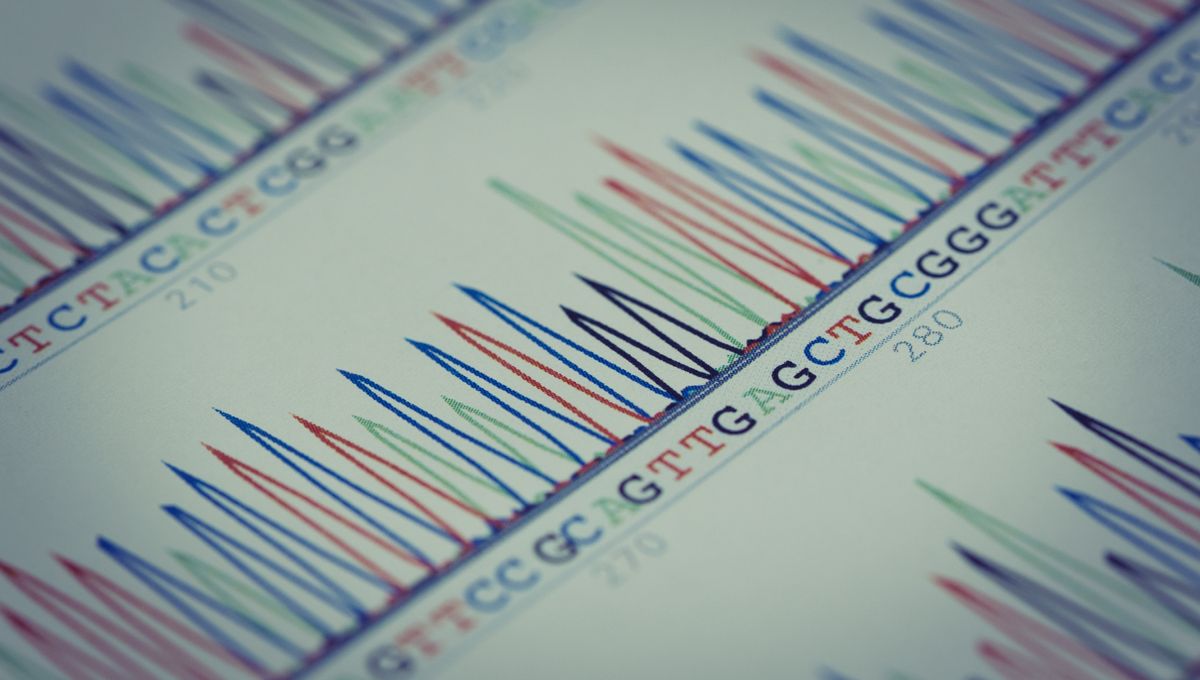
A landmark study of myalgic encephalomyelitis/chronic fatigue syndrome (ME/CFS) has just reported preliminary results, suggesting that the DNA of people with the condition is markedly altered in eight key regions.
ME/CFS affects an estimated 67 million people worldwide. There is no specific test or cure for the condition, and patients can experience substantial challenges when seeking a diagnosis, often reporting that they are disbelieved by medical professionals.
There are different degrees of severity, but the numerous possible symptoms include extreme fatigue that is not relieved by rest. One of the key features of ME/CFS is post-exertional malaise (PEM), where symptoms get disproportionately worse after even mild physical or mental activity.
In the most severe cases, patients may become bedbound and unable to tolerate light, sounds, smells, and touch; some require support with nutrition, such as nasogastric feeding tubes.
The DecodeME study, led by researchers at the University of Edinburgh, is the world’s largest study looking into the causes of ME/CFS, with the hope of eventually developing treatments. The new report, which has been posted as a preprint and has not yet been peer reviewed, summarizes results from over 15,500 DNA samples from 27,000 patients, representing the largest dataset in the world for this patient population.
The analysis identified eight regions of DNA that were significantly more likely to be altered in patients with ME/CFS versus the general population. These signals affect genes associated with the immune and nervous systems.
“These results, from the largest ever research study to look at the genetics of ME/CFS, are a significant development in our understanding of why some people are more likely to develop ME/CFS after a viral infection,” said Dr Charles Shepherd, Trustee and Honorary Medical Advisor to the ME Association (who was not directly involved in the study), in a statement.
A viral infection – even a comparatively mild one – is a known precipitating factor for the development of ME/CFS in some people. The condition also shares some similarities with long COVID, and research has suggested that people with a history of COVID-19 may be more likely to develop ME/CFS.
One of the genetic signals highlighted in the study has also previously been identified in people with chronic pain, which is another common symptoms of ME/CFS.
“This is a wakeup call,” said DecodeME investigator Professor Chris Ponting in a statement. “These extraordinary DNA results speak the language of ME/CFS, often recounting people’s ME/CFS symptoms. DecodeME’s eight genetic signals reveal much about why infection triggers ME/CFS, and why pain is a common symptom.”
“ME/CFS is a serious illness, and we now know that someone’s genetics can tip the balance on whether they are diagnosed with it.”
Launched in 2022, the DecodeMe study has already made contributions to the knowledge base around this condition. In 2023, the team posted findings from their first set of questionnaire data from 17,000 patients, which showed that female patients with ME/CFS were more likely to experience co-occurring conditions like irritable bowel syndrome.
“With DecodeME, we have gone from knowing next to nothing about the causes of ME/CFS, to giving researchers clear targets,” said Sonya Chowdhury, CEO of Action for ME and a member of the study’s management team, in a blog post. “This brings ME/CFS in line with other long-term diseases which have genetic components.”
The results reported in the latest preprint are based only on people with European ancestries, but the DecodeME team say that analysis of more diverse DNA data is ongoing. Commenting on the study for Science Media Centre, Dr Amy Mason, a Research Associate at the University of Cambridge, agreed the lack of diversity was a limitation, but said “the results are still likely to be relevant more broadly.”
While Shepherd described the announcement of these results as “a very important day for people with ME/CFS”, and undoubtedly it will spark renewed hope of a treatment, others have cautioned that this is really the first step in what will be a long road.
Professor Alan J Carson, a neuropsychiatrist at the University of Edinburgh who was not directly involved in the study, pointed out to Science Media Centre that “finding a few associated genes has not advanced understanding of mechanism or novel treatments to date in disorders like depression which raise similar challenges. Will it one day – maybe? But that is a long way off.”
“This study identifies some key potential areas for future study,” said Mason, adding that it also “helps shift the narrative” for patients who have frequently been told that their illness is psychosomatic, or made to believe that their symptoms aren’t real.
The vital contribution of these patients, many of whom would have been dealing with debilitating symptoms while participating in this study, was the final word of study co-investigator Andy Devereux-Cooke, who said:
“DecodeME also shows the incredible level of support that the ME/CFS patient community can give to research that involves them on a deep and meaningful level. Without the community, we could not have achieved all that we have.”
The preprint, which has not been peer reviewed, is available via the University of Edinburgh.
Source Link: 8 Key DNA Regions More Likely To Be Altered In People With ME/CFS, Finds 27,000-Strong Study